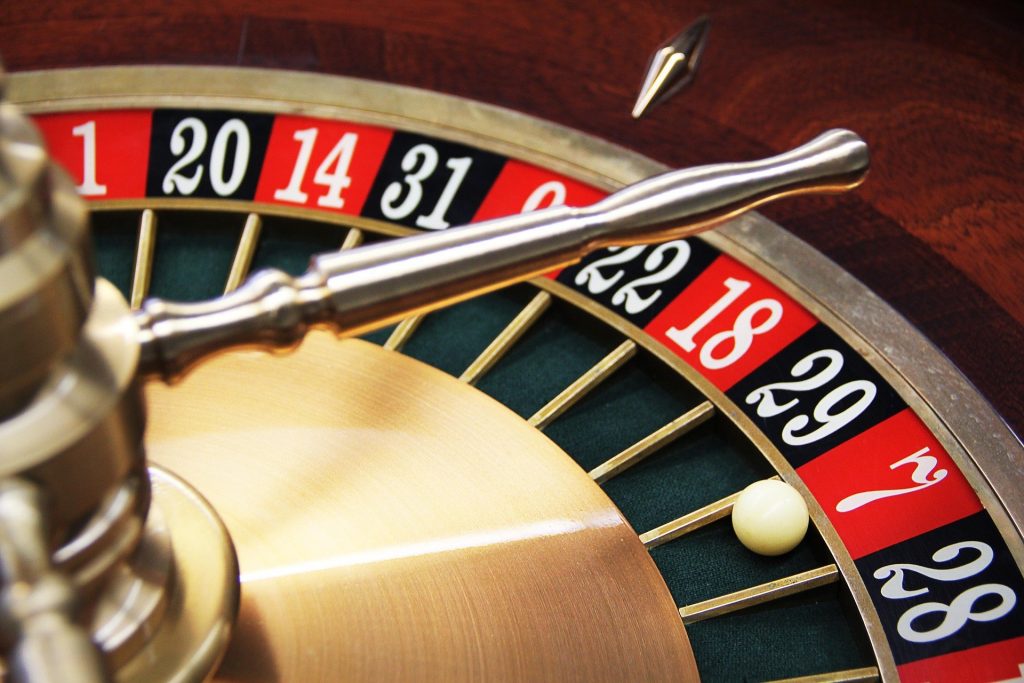But the future is now. And the most important thing is that it is digital. At any time of day or night, at home or on the move: gambling is available anytime and anywhere thanks to our digitized, networked world. So you can enjoy Casino Bizzo whenever you want. Anonymous and alone in front of a PC, cell phone or tablet, gamblers don’t have to justify their potentially dangerous gambling behavior to anyone, which can lead to uncontrolled and thus problematic gambling habits.
Online casinos entice players with colorful and ostentatiously designed pages to invest “a few euros here and there”. Starting with small sums, the gambler buys into the game and wins one of the first rounds by chance. The incentive to try again usually comes automatically. The virtuality of the machine and thus also of the money, which is deposited with a few clicks by bank transfer or direct debit, makes users lose touch with real-life effects. The fact that real money is involved is cleverly concealed by the websites. It’s incredibly fast and easy – and the overview of how much money you’ve already fed the virtual machine is quickly lost.
Playing is associated with various distinct emotions that can change every second. Playoffs happen quickly, the start of the new round all the faster. Hope, joy, disappointment and anger alternate quickly – this draws the player into the game and has a high addiction potential. The thrill of victory is enormous and encourages the user to continue playing. A win tempts the user to become bolder and bet more. But by then it may be too late: Reaffirmed by initial success, the gambler wants to keep trying and the roller coaster of emotions boils up. Wins are made – and many more are lost.
THE PHENOMENON OF SOCIAL CASINOS

It would be nonsensical to write an article on the subject of online gambling without addressing the so-called “simulated gambling” in “social casinos”.
First of all, the term “simulated gambling” needs to be clarified. “Real” gambling is characterized by three features: A monetary stake, the possibility of winning, and a game outcome based on chance. If one of these characteristics is not fulfilled, it is merely simulated gambling, which is, however, dangerously similar, one could say identical, to real gambling in terms of handling and sequences. Simulated gambling, e.g. in the form of cell phone or browser games, can be practiced in so-called “social casinos”. Here, people do not play for real money, but for points or a virtual good (such as virtual coins). The gambling feature of wagering money is therefore omitted. In addition, these games are based on an algorithm and are therefore not randomly generated like real gambling. Dangerous: While gambling is prohibited for children and young people, playing in social casinos for this target group is not. However, real money can be invested in social casinos, which is not mandatory. In addition, the player does not get paid real money. By the way, the fact that investing real money in social casinos is not necessary does not mean that games of this format do not advertise with all their might not to use real money once in a while.



